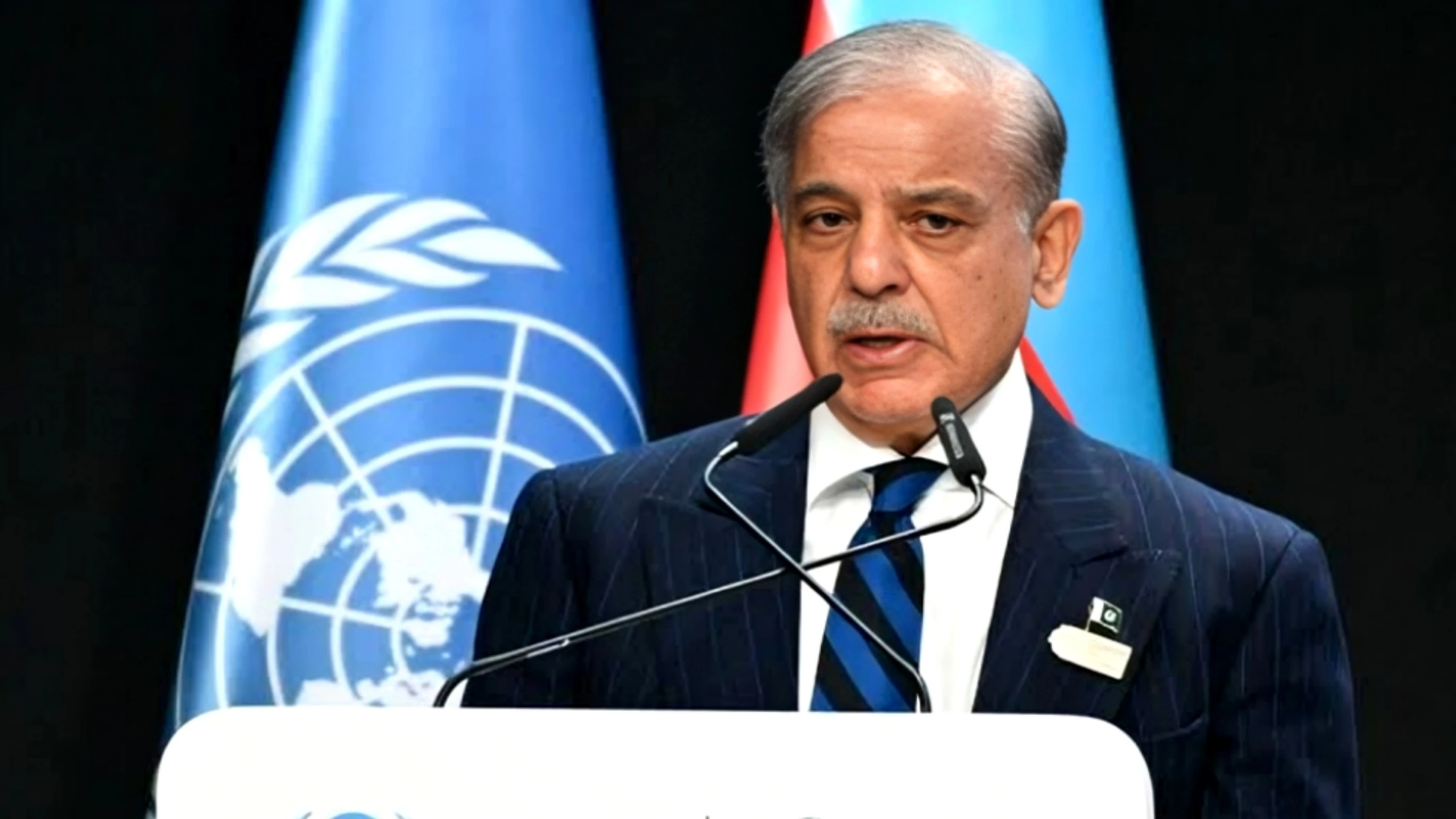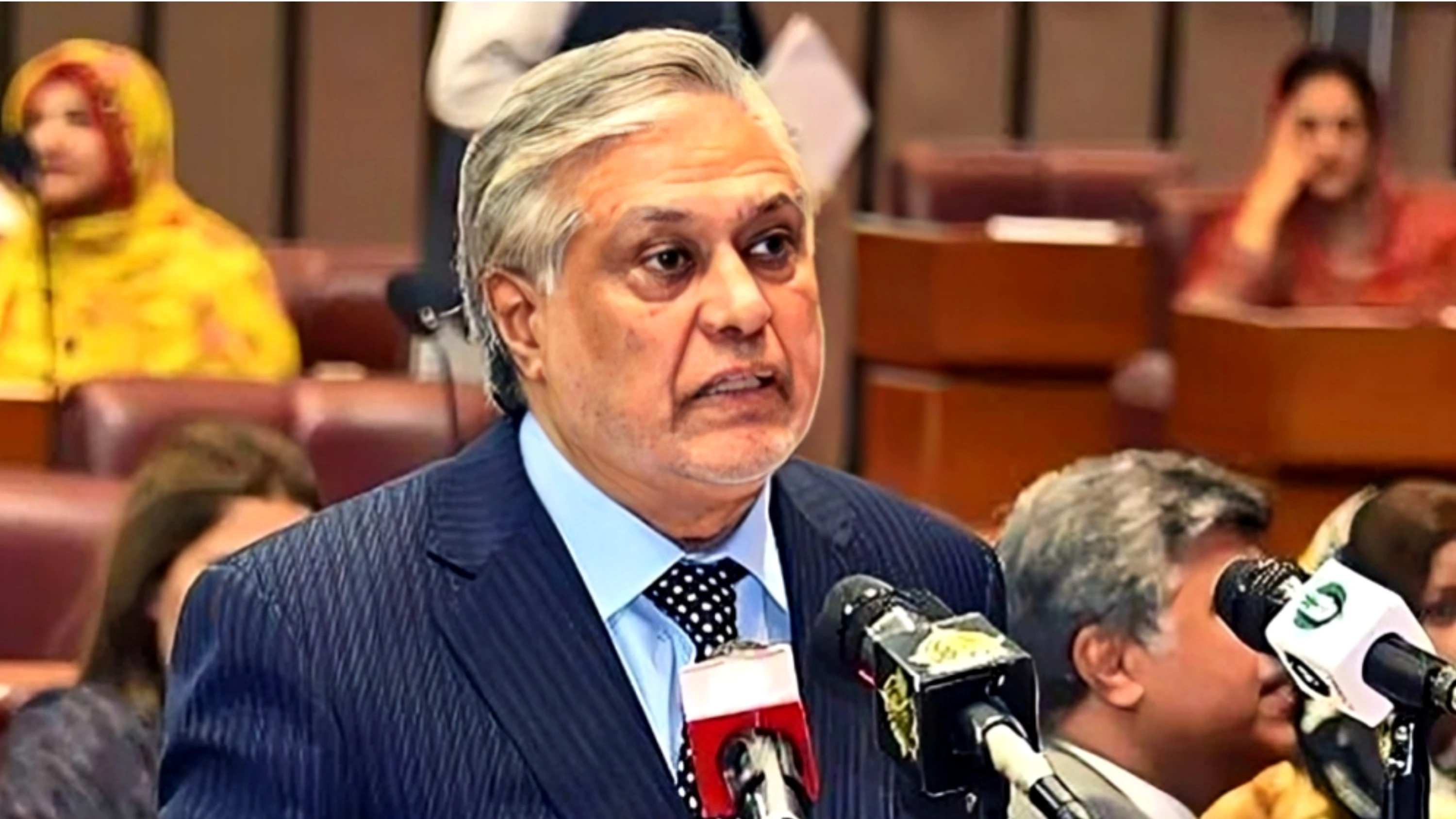Peshawar: The Khyber Pakhtunkhwa (KP) government has finalized its Provincial Action Plan to combat terrorism and restore law and order. A key aspect of the plan includes the formation of a policy to address cross-border terrorism, with the provincial government set to engage in negotiations with Afghan tribal elders after the approval of Terms of Reference (TORs) by the federal government.
Under this plan, the civil administration will take the lead role in counter-terrorism efforts. To enhance their capabilities, the police and the Counter Terrorism Department (CTD) will undergo fast-track capacity-building measures. Additionally, the provincial government, under the leadership of the Chief Minister, has decided to audit foreign-funded madrassas, monitor businesses dealing with explosive materials through NADRA’s database, and implement joint operations to curb arms smuggling along cross-border smuggling routes.
The action plan comprises 84 proposed measures covering 18 key areas, with specific timelines assigned to relevant provincial and federal departments for implementation. The plan also aims to restore public confidence in state institutions by demonstrating their ability to prosecute and punish terrorists effectively while ensuring strict enforcement of laws.
A comprehensive database of terrorists and their facilitators will be compiled, and Schedule IV will be regularly updated to monitor listed individuals. The authorities will also review and update bounty cases for wanted terrorists on a monthly basis. Furthermore, strict disciplinary actions will be taken against government employees found involved in aiding terrorist activities.
Security assessments at the district level will help determine kinetic and non-kinetic measures to counter terrorist movements and threats. Plans for police recruitment, training, and procurement of weapons and equipment will be finalized by the end of this month, with priority projects included in the Annual Development Program (ADP) for strengthening police infrastructure in the southern and merged districts.
A structured intelligence collection and sharing system will be established, integrating local intelligence databases with provincial and federal agencies. Regular meetings of the Apex Committee, Steering Committee, and Divisional and District Intelligence Coordination Committees will be held to oversee counter-terrorism efforts. Additionally, Public Liaison Committees at police station levels will be formed to enhance community surveillance of terrorist activities.
The plan also includes crackdowns on illegal activities that facilitate terrorism, such as drug and arms smuggling. Advanced scanners will be installed at transit points, and an Artificial Intelligence (AI)-based monitoring system will be implemented. Non-custom-paid vehicles will be profiled by August, with their movement tracked through a GPS tracking system. The government will also upgrade the arms licensing software and enforce an electronic cargo tracking system to monitor smuggled equipment.
A special District Economic Plan will be developed for the merged districts, along with phased repatriation and resettlement programs for temporarily displaced persons (TDPs). The legal framework will be strengthened, and the preventive magistracy system will be reinstated to enhance counter-terrorism measures.
To ensure efficient coordination between the police, judiciary, and district administration, an integrated system will be developed. Special trials for terrorists will be conducted in designated courts, and "faceless courts" will be established for sensitive cases.








